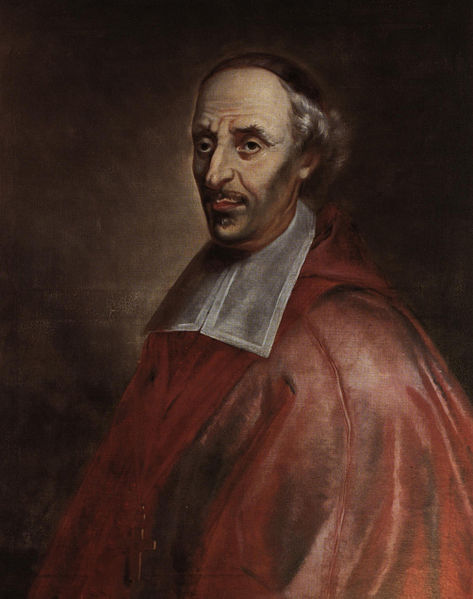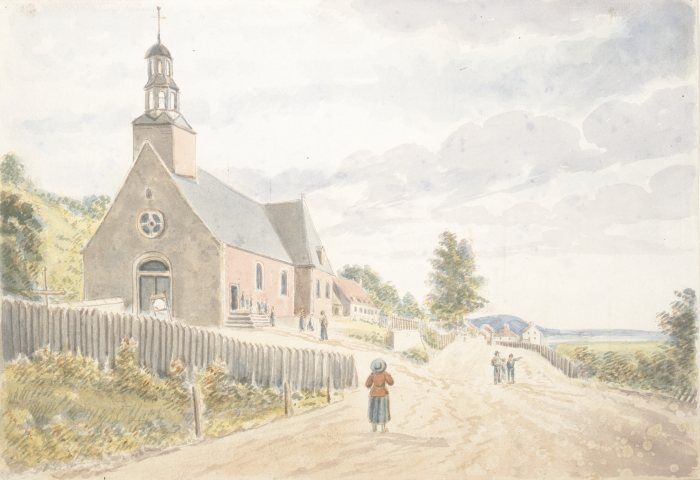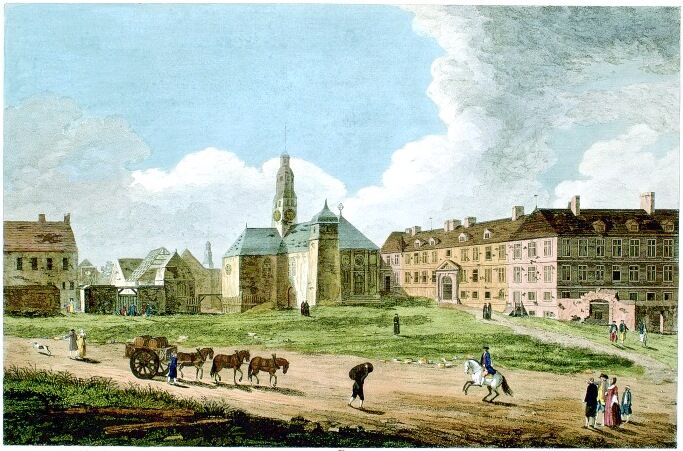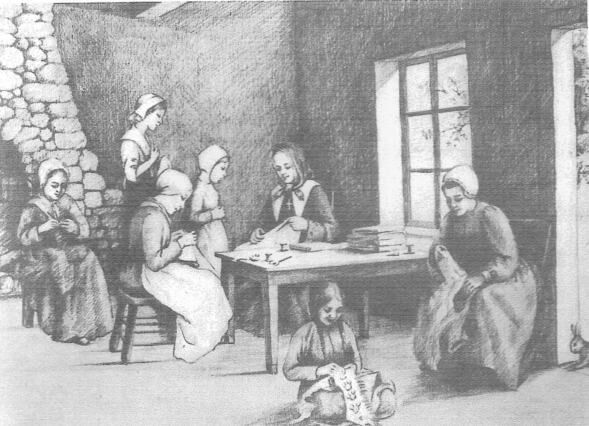The Catholic Church was highly influential in France and, since the colonists were Catholic, Catholicism was just as influential in the colonies. The Church played a major role in administering the colony and overseeing the colonists.
The Bishop was the head of the Church in New France. He was appointed by the King of France with the Pope’s approval. The secular clergy of parish priests were under his authority, as were the regular clergy of religious communities other than the Jesuits. The Bishop also had a great deal of influence over the colony’s administrators in addition to being part of the Sovereign council, with the Governor and the Intendant.

Since the Church was responsible for the colonists’ spiritual life, the Bishop divided the land into parishes. If there were enough people in the parish, a church was built. Each parish was under the responsibility of a priest who performed the religious rites for the spiritual lives of the believers, such as masses, baptisms, marriages and funerals.
-
The Church refers to all of the members of the Christian community. In this case, we are talking about the Catholic Church.
-
A church means the religious building in which ceremonies are held.

The Church also played an important role in the colonists’ social life. Religious restrictions were imposed on believers on certain dates, such as not working on a Sunday or not eating meat during Lent, etc. The Church also prohibited some social events, such as evening dances. Sunday mass was an important social event for the colonists and priests used this opportunity when all the colonists were together to communicate messages and orders from the authorities of the colony to the habitants.
Several religious communities arrived in New France in the 17th century, including the Récollets, the Jesuits, the Augustines, the Hospitalières and the Ursulines. These communities came to evangelize the Indigenous people and establish educational and healthcare institutions
The religious communities were made up of men and women who dedicated their lives to God and who had a shared goal, for example, caring for the sick.
The religious communities built the first hospitals and teaching institutions in the colony. In 1635, the Jesuits founded Jesuit College, the colony’s first teaching institution for boys.

In 1639, the Augustines founded the first hospital in New France, Hôtel-Dieu de Québec, and the Ursulines founded a convent to educate young French and Indigenous girls.
